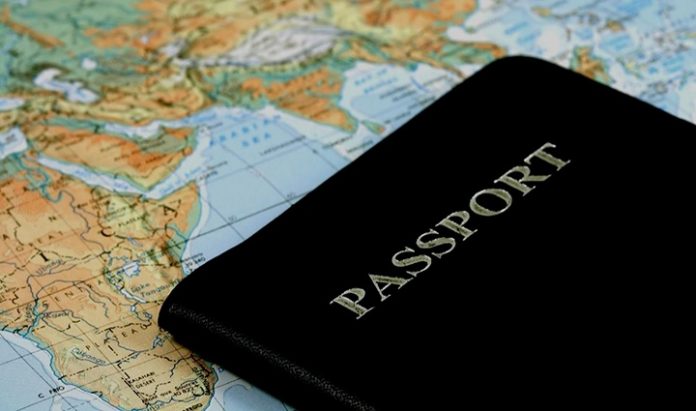The African Union is at last on its way to introducing an African passport to facilitate the movement of people and goods across the continent.
The AU has been considering this idea since the organization itself was founded in 1963 as the Organization of African Unity. More recently, the bloc’s 2063 Agenda for an integrated, peaceful, and prosperous Africa based on inclusive growth and sustainable development made it a goal to have a single, continent-wide passport in place by 2020.
“Such a measure is long overdue and calls for a united Africa exist science creation of the OAU in 1963. If can be done the time is now. However due to the complicated processes involved, a good starting point may be – visa on arrival/online visa for all Africans and where possible visa free travel may be a good start,” Daniel Adugna, program manager of the African Union Commission in Addis Ababa, Ethiopia, told AfricaStrictlyBusiness.com in an exclusive interview.
The idea of a common passport is not new. In Europe, for example, 26 countries have abolished passports and other border controls, guaranteeing the free movement of more than 400 European Union citizens and non-EU nationals under an agreement that created the Schengen Area.
In Africa, only two countries—Rwanda and Mauritius—have already started the process to implement the plan for a common passport, which hopes to ease the movement of people and goods across the continent and boost intra-Africa trade. Meanwhile, East African nations are set to start issuing a common electronic passport for the region that will be recognised worldwide before the end of 2018.
“An African Passport will first and foremost lead to ‘freer’ movement of citizen across national borders without requiring a visa or a travel permit. With most optimistic outlook, this should lead to increased trade among member states, movement of students, workforce and capital across the continent leading to increased economic activities, cross-border trade, cultural exchange, people to people relations and long-term peace and tolerance. On the technical part it will harmonize and standardize travel documents across Africa,” explains Adugna.
Some worry that all of the member states may not make the 2020 deadline, as many countries now claim not to be ready, citing various obstacles and concerns.
Adugna explains: “AU Member States are at different political and economic stage. Countries will be required to standardize all of their laws with regards to migration, customs work permit etc. Most member states are not ready to give away a piece of their sovereignty,” he says. Furthermore, “with movement of people, not only the good guys are expected to spread, but also criminals and ill intending citizens. This will make ‘safer’ countries vulnerable, especially given that internal security is not well developed in most member states.”
He adds, “Labor migration and cross-border ethnic conflict may not be contained, and the status of millions of refugees may not be clear.”
Last December, AU Commissioner for Political Affairs Aisha Abdullahi, Ph.D., reiterated the AU’s commitment to a common African passport as part of its 2063 Agenda. And for the most part, Africa watchers say the idea makes great sense, with the potential for myriad economic benefits to the continent. However, turning the idea into a reality over the next four years may be harder to accomplish than the AU anticipated.
“We’re shooting ourselves in the foot by not having such a passport,” complains one U.S.-based African businessman who travels frequently between countries in West Africa. “Everything gets backed up at the borders and perishables go to waste because we can’t drive straight through.”













